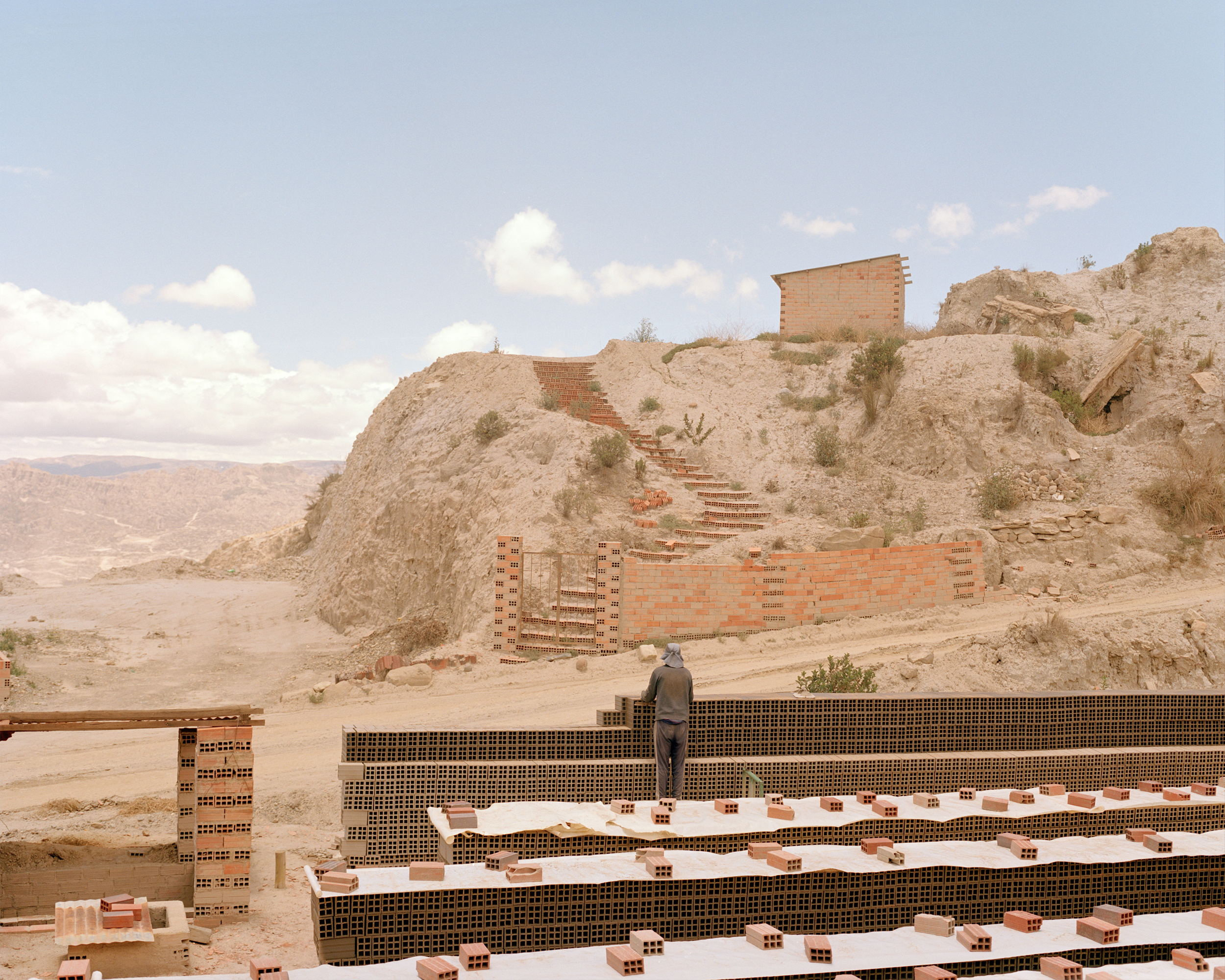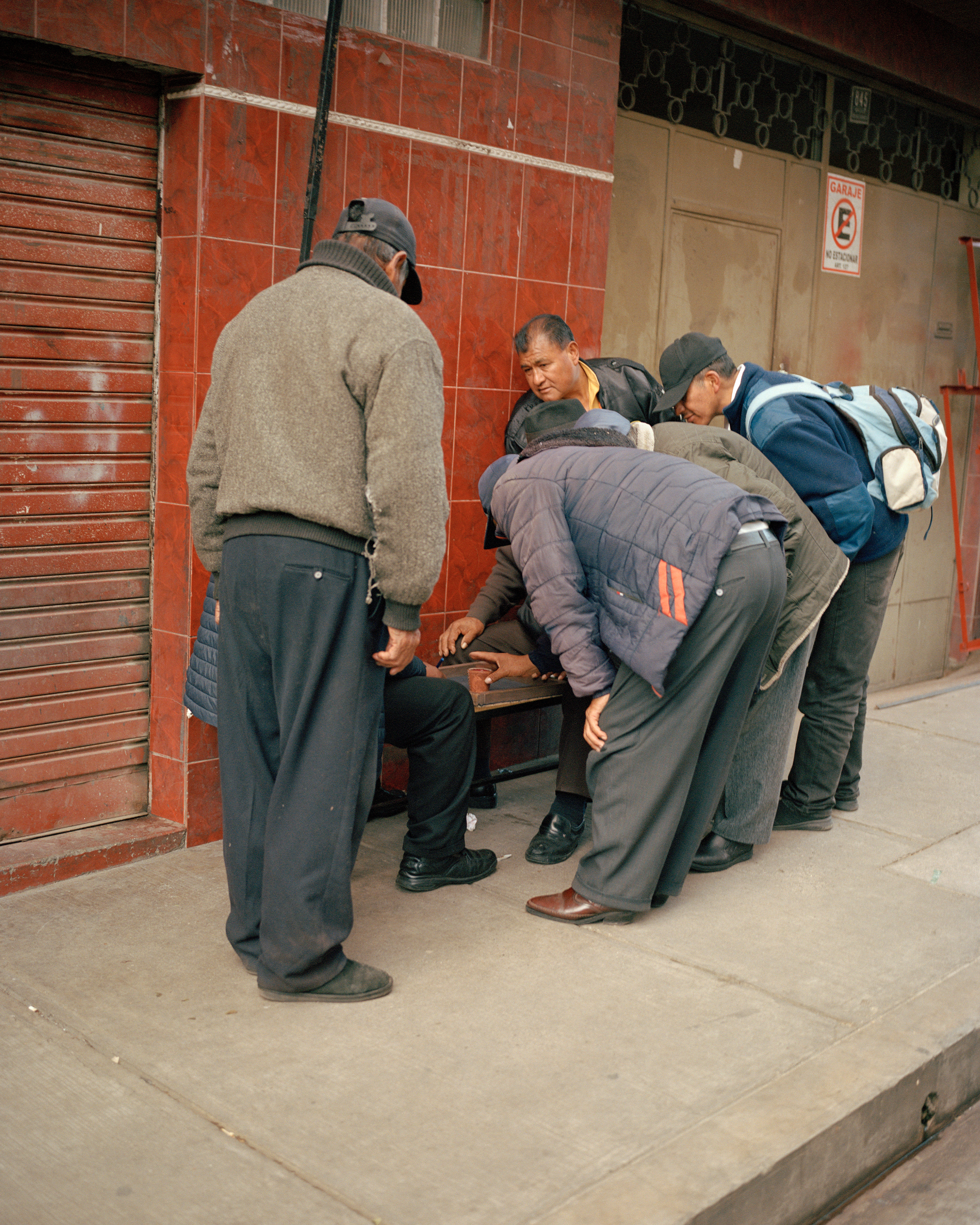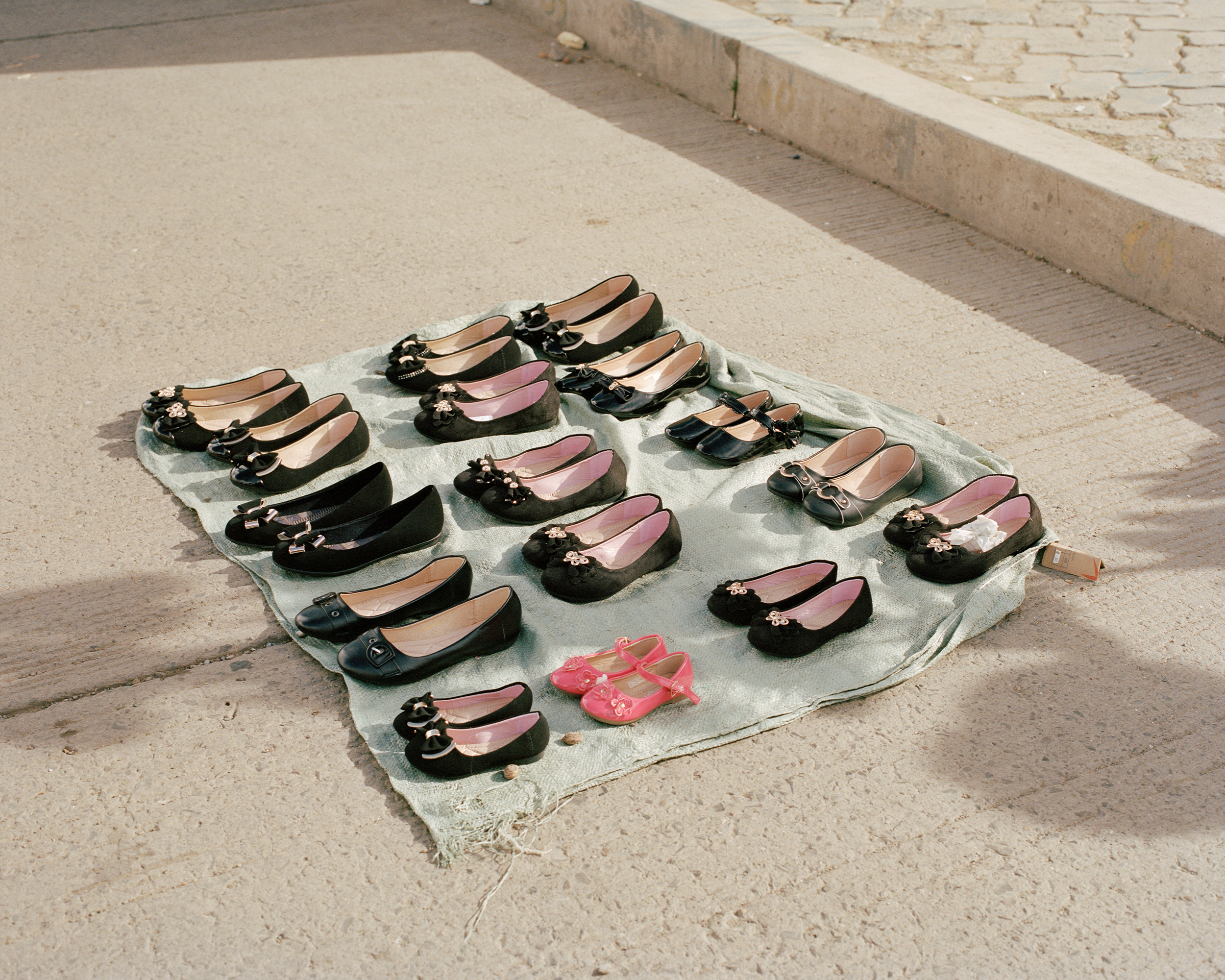Commissions


















Andes donde Andes
(2018-ongoing)
Since leaving my hometown, La Paz, in 2012, I’ve spent a long time dreaming about its mountains. The peaks surrounding the city, these silhouettes seemingly marking the contours of my childhood. The project Andes donde andes provides a poetic reflection on the landscape I grew up in and the socio-political dynamics that shape the lives of its inhabitants today.
La Paz and the adjacent city of El Alto in Bolivia are places of many juxtapositions, where tradition meets modernity and the local indigenous identity is shaped by economic and cultural globalization. To this day, forces of urban segregation divide the populations of La Paz from El Alto, where most of the residents identify as part of the Aymara indigenous group. This project seeks to grasp this complex relationship, moving away from stereotypical representations.
(2018-ongoing)
Andes donde andes, vuélvete a los Andes
[Wherever you may go, go back to the Andes]
— David Angles
[Wherever you may go, go back to the Andes]
— David Angles
Since leaving my hometown, La Paz, in 2012, I’ve spent a long time dreaming about its mountains. The peaks surrounding the city, these silhouettes seemingly marking the contours of my childhood. The project Andes donde andes provides a poetic reflection on the landscape I grew up in and the socio-political dynamics that shape the lives of its inhabitants today.
La Paz and the adjacent city of El Alto in Bolivia are places of many juxtapositions, where tradition meets modernity and the local indigenous identity is shaped by economic and cultural globalization. To this day, forces of urban segregation divide the populations of La Paz from El Alto, where most of the residents identify as part of the Aymara indigenous group. This project seeks to grasp this complex relationship, moving away from stereotypical representations.
Andes donde Andes
(2018-ongoing)
Since leaving my hometown, La Paz, in 2012, I’ve spent a long time dreaming about its mountains. The peaks surrounding the city, these silhouettes seemingly marking the contours of my childhood. The project Andes donde andes provides a poetic reflection on the landscape I grew up in and the socio-political dynamics that shape the lives of its inhabitants today.
La Paz and the adjacent city of El Alto in Bolivia are places of many juxtapositions, where tradition meets modernity and the local indigenous identity is shaped by economic and cultural globalization. To this day, forces of urban segregation divide the populations of La Paz from El Alto, where most of the residents identify as part of the Aymara indigenous group. This project seeks to grasp this complex relationship, moving away from stereotypical representations.
![1/18]()
![2/18]()
![3/18]()
![4/18]()
![5/18]()
![6/18]()
![7/18]()
![8/18]()
![9/18]()
![10/18]()
![11/18]()
![12/18]()
![13/18]()
![14/18]()
![15/18]()
![16/18]()
![17/18]()
![18/18]()
(2018-ongoing)
Andes donde andes, vuélvete a los Andes
[Wherever you may go, go back to the Andes]
— David Angles
[Wherever you may go, go back to the Andes]
— David Angles
Since leaving my hometown, La Paz, in 2012, I’ve spent a long time dreaming about its mountains. The peaks surrounding the city, these silhouettes seemingly marking the contours of my childhood. The project Andes donde andes provides a poetic reflection on the landscape I grew up in and the socio-political dynamics that shape the lives of its inhabitants today.
La Paz and the adjacent city of El Alto in Bolivia are places of many juxtapositions, where tradition meets modernity and the local indigenous identity is shaped by economic and cultural globalization. To this day, forces of urban segregation divide the populations of La Paz from El Alto, where most of the residents identify as part of the Aymara indigenous group. This project seeks to grasp this complex relationship, moving away from stereotypical representations.

















